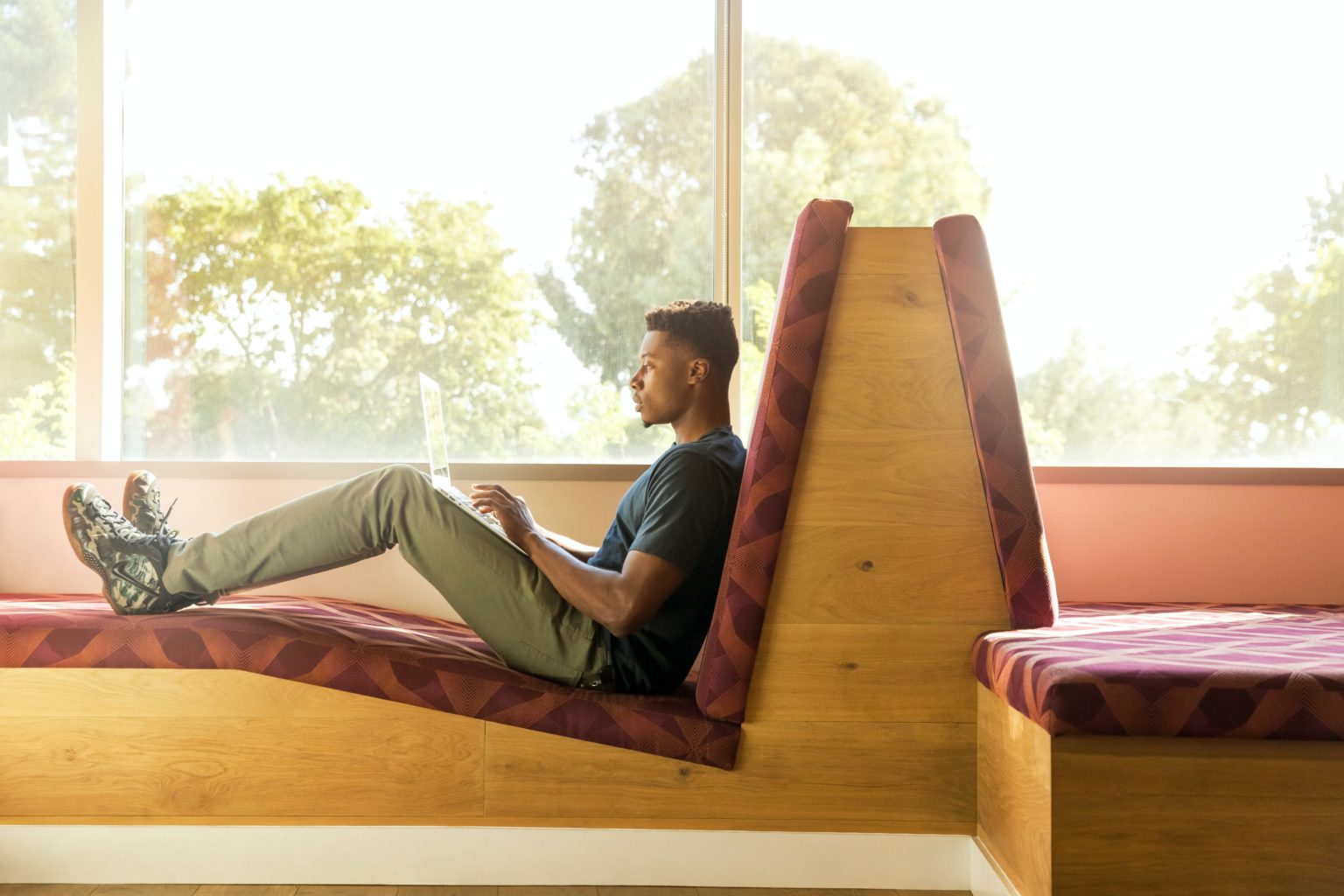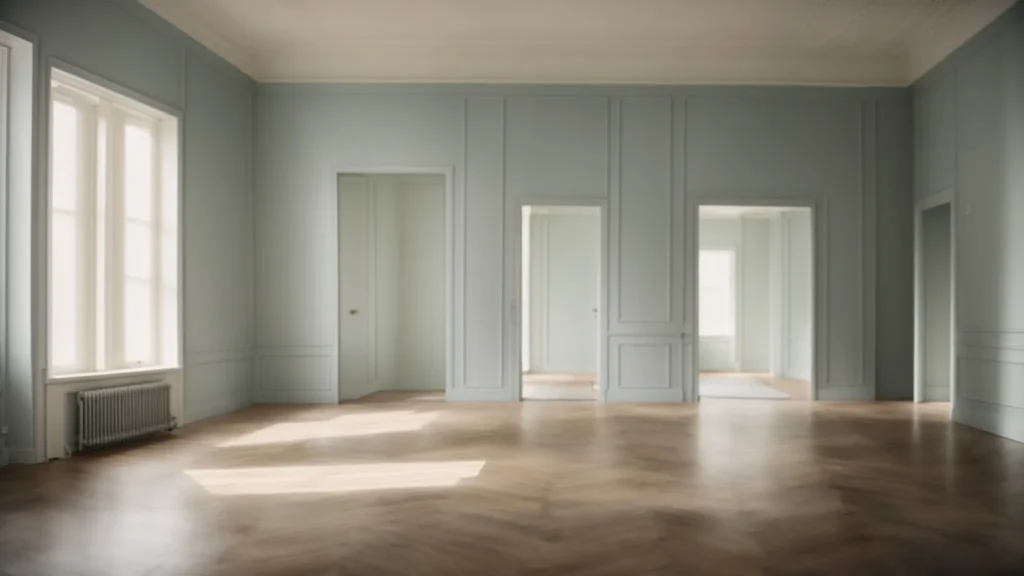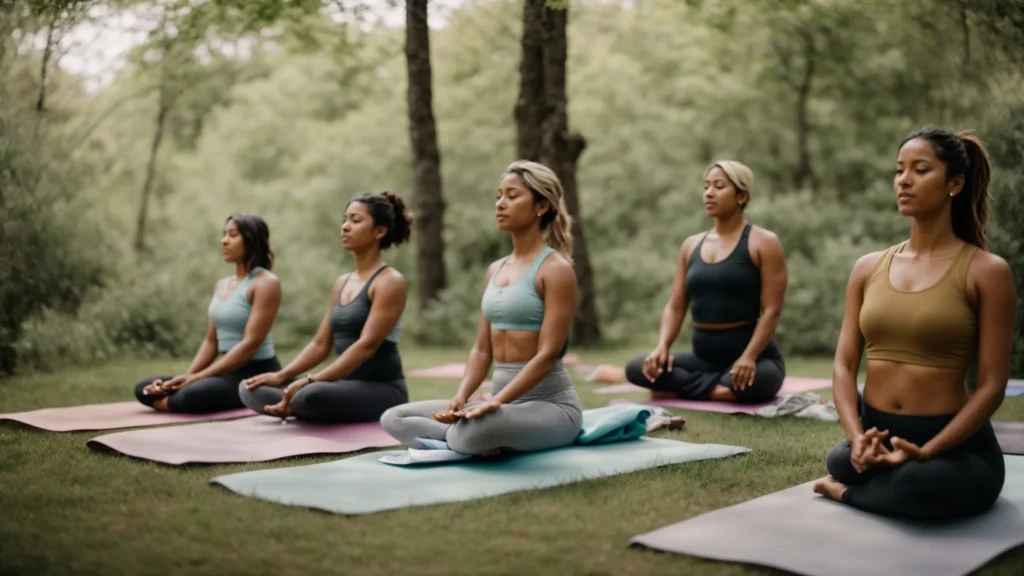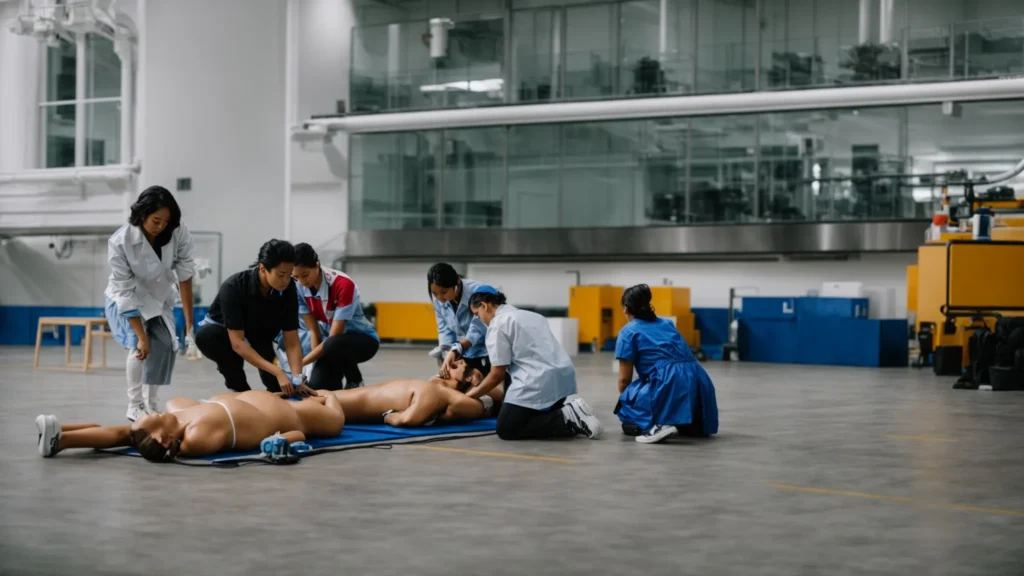The Black community has been facing several burdens recently: protests sparked by the systematic killings of African Americans, poor leadership and guidance from an infamous president, and the devastation caused by the Covid-19 pandemic. As we continue to persevere during these troubling times, our mental health is unfortunately at risk. How can we take care of our mental wellbeing while continuing to do the work that will create a better quality of life for all African Americans?
Therapy has been a touchy subject in the Black community. You rarely hear of African Americans participating in family therapy. Mental health problems have traditionally been brushed off as a problem that only religion can fix. This is proving to not be the case (nor has it ever really been the case). African Americans are beginning to recognize the importance of seeking out therapy. While many are now becoming more welcoming of the counseling profession, they are also intentional with the help they seek to receive.
To put more simply, they’re looking for Black therapists who can relate to the Black experience in ways that non-Black therapists simply cannot.
The great news: plenty of Black professionals in the field are taking on new clients. Dr. Abigail Nicolas is an African American therapist who is a part of the Therapy Group of DC. The Therapy Group of DC is a team of competent therapists and psychologists who have excelled as mental health professionals. By using their teletherapy method, you’ll be assigned to the best fitting therapist who will help you overcome your mental health stressors. Visit the Therapy Group of DC to learn more about setting up your first teletherapy appointment.
If you’re a little wary of jumping straight into talking with a therapist, we understand the hesitance. Opening up to a stranger (regardless of their profession) is a vulnerable act, and it may take some courage to build that up. Here are a few small steps you can take before you decide to meet with a Black therapist:
Talk it out with loved ones.
If you have a close circle that provides a supportive environment, it would be a good idea to ask for their advice or feedback on going to therapy. They may have their own experience or history with speaking to a therapist, and they can help affirm your decision.
Nonetheless, this will be solely your decision to make. Don’t allow negative influences to push you to make choices out of fear. A supportive environment should never steer you wrong.
Take advantage of online resources.
The online community is a powerful force. Brands and organizations have been doing an excellent job of creating collective spaces for the Black community. Whether it’s finding inspiration, participating in new levels of self-care, or connecting with fellow members who understand the struggle, these online resources can be incredible tools in healing.
Here are a few of our favorite online communities to follow:
- Balanced Black Girl: There are no restrictions when it comes to wellness. This online community provides space for their members to hold conversations about self-care and self-love, all while making you smile.
- Ethel’s Club: One of the best clubs to be a part of, this digital space encourages Black creatives to heal, create, and grow in their own respective forms.
- OM Noire: This social wellness club is committed to showing their community how they can enhance their lives through healthy practices and mindfulness.
A full list of mental health resources for Black women and Black men can be found here.
To my beloved Black community, hang in there. There is much work to do. Before we can tackle the outside troubles, we have to bring ourselves internal peace. Keep doing the work to stay sane, and keep remembering to exhale.







